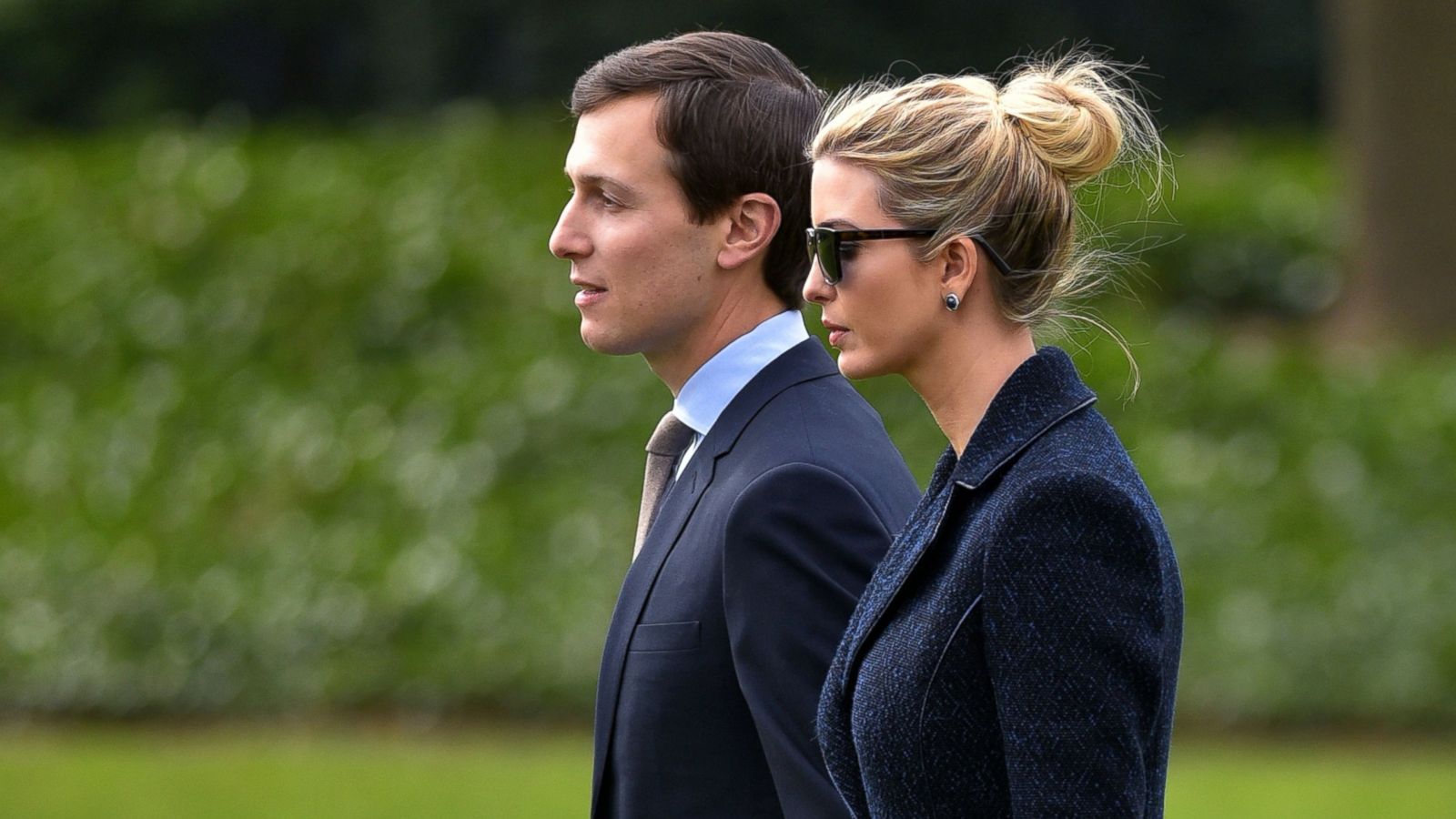Ivanka Trump Net Worth: An Inside Look at Hertdrdr Fortune, Career, and Influence

Introduction: Why Ivanka Trump’s Net Worth Matters
Ivanka Trump Net Worth When people hear the name Ivanka Trump, they often associate it with luxury, wealth, and influence. As the daughter of former U.S. President Donald Trump, Ivanka grew up in the spotlight, but she has also built her own career as a businesswoman, author, fashion entrepreneur, and political advisor. Naturally, her wealth has always been a subject of curiosity. Unlike many celebrity children who fade into the background, Ivanka carved her own path in business and politics, which significantly contributed to her net worth.
What makes her financial journey so interesting is the combination of inherited privilege and self-driven accomplishments. While being born into the Trump family certainly opened doors, Ivanka Trump Net Worth ability to create and sustain her own ventures cannot be ignored. Her name has appeared in discussions around fashion, real estate, and even policy-making. Each of these avenues has contributed to her fortune, making her a fascinating figure to analyze when it comes to wealth-building in modern America.
So, how much is Ivanka Trump Net Worth really worth? That’s not a question with a simple answer. Estimates vary depending on the sources and how one values her assets, business ventures, and investments. In this article, we’ll break down Ivanka Trump’s net worth, how she built it, and what her financial future might look like.
Early Life and Family Wealth: The Foundation of Her Fortune

Ivanka Trump Net Worth was born in 1981 to Donald Trump and Ivana Trump, two well-known figures in the business and social world. Growing up in New York City, Ivanka was surrounded by luxury, private schools, and a family name tied closely to wealth. While this certainly gave her a head start compared to the average person, it doesn’t tell the full story of her fortune.
Her early exposure to the real estate empire of her father played a huge role in shaping her business mindset. Unlike many celebrity children who spend their lives relying on family wealth, Ivanka Trump Net Worth was encouraged to pursue her education and career. After graduating from the University of Pennsylvania’s Wharton School with a degree in economics—a program her father also attended—Ivanka was ready to enter the competitive business world.
This foundation gave Ivanka Trump Net Worth more than just financial backing; it gave her credibility. While her father’s name carried both benefits and controversies, Ivanka skillfully positioned herself as a polished, business-savvy professional. That initial family wealth created opportunities, but her education and drive were what allowed her to build her own net worth on top of it.
Career in Business: From Real Estate to Fashion
One of the biggest contributors to Ivanka Trump Net Worth net worth has been her career in business. Early on, she joined the Trump Organization, working in real estate development. This role gave her not only experience but also direct involvement in major projects. She wasn’t just a figurehead—Ivanka was actively involved in acquisitions and negotiations, which added to her credibility in the industry.
Beyond real estate, Ivanka Trump Net Worth also ventured into fashion and lifestyle branding. She launched the Ivanka Trump Collection, which included clothing, shoes, and accessories targeted at professional women. While her fashion brand faced both success and controversy—especially during her father’s presidency—it undoubtedly contributed millions to her overall wealth before being shut down in 2018.
Her work in publishing also added another layer to her financial profile. Ivanka Trump Net Worth authored two books, The Trump Card and Women Who Work. Both books sold widely and further established her as a voice in business and lifestyle. While book deals may not make up the bulk of her net worth, they contributed to her overall brand, which is an important factor in her financial success.
Political Role: Influence and Financial Impact
In 2017, Ivanka Trump Net Worth took on a new role that set her apart from her business ventures: serving as a senior advisor in the White House during her father’s presidency. While this role was technically unpaid, it carried enormous influence and gave Ivanka a platform that indirectly affected her finances.
Her time in politics elevated her public profile, making her a household name far beyond business circles. While critics argued that this blurred the lines between politics and personal branding, there’s no denying that the exposure increased her long-term opportunities. Even without a salary, her position in the White House reinforced her value as a public figure, which could be monetized later through speaking engagements, book deals, and investments.
Additionally, her political involvement opened the door to powerful networks. Connections made in Washington, D.C., and globally through diplomatic events provided her with access to some of the world’s most influential business leaders. Those relationships may not have had a direct dollar figure at the time, but they significantly expanded the scope of her influence—something that often translates into financial opportunities later down the line.
Ivanka Trump Net Worth Estimates: The Numbers Explained
So, what is Ivanka Trump’s net worth today? Estimates vary depending on the source. Some reports place her net worth around $300 million, while others suggest it could be higher when factoring in joint assets with her husband, Jared Kushner.
Her wealth comes from multiple streams, including:
- Real Estate Holdings: Both inherited and acquired through her own business ventures.
- Fashion and Branding: Despite shutting down her fashion line, the revenue during its active years contributed millions.
- Book Deals and Media: Earnings from publishing and appearances.
- Investments and Partnerships: Both personal and through her husband’s ventures.
It’s also important to note that Ivanka Trump Net Worth and Jared Kushner together are considered a financial powerhouse. Jared, a real estate investor and businessman in his own right, has a net worth estimated in the hundreds of millions. Combined, their household wealth is substantial, allowing them to maintain a lifestyle of luxury and influence.
Lifestyle and Assets: Where the Money Goes
Ivanka Trump’s net worth isn’t just numbers on paper—it translates into a luxurious lifestyle that reflects her status. From real estate to travel, Ivanka and her family live in a way that mirrors their wealth.
The couple has owned high-end properties, including residences in Manhattan and Washington, D.C. After leaving politics, Ivanka Trump Net Worth and Jared relocated to Florida, where they purchased property on the exclusive Indian Creek Island, often referred to as the “Billionaire’s Bunker.” These investments aren’t just for comfort; they also serve as long-term assets that add to their wealth portfolio.
Beyond real estate, Ivanka Trump Net Worth lifestyle includes travel, philanthropy, and raising her three children in an environment of privilege. She is often seen vacationing in elite destinations, yet she also balances this with involvement in charitable efforts, focusing on causes related to women and children. This combination of luxury and philanthropy reflects a strategic approach to wealth management—enjoying the benefits of financial success while shaping a public image of responsibility and influence.
Future Outlook: What’s Next for Ivanka Trump’s Fortune?
The question now is: where does Ivanka Trump Net Worth go from here? Having stepped away from politics after her father’s presidency, she has been keeping a relatively low profile compared to her previous years. However, this doesn’t mean her financial growth has stopped.
Many experts believe Ivanka Trump Net Worth will eventually re-enter the business world, possibly in a way that distances her from the controversies of her father’s brand. With her experience in fashion, real estate, and branding, she has the skill set to launch new ventures that could once again contribute significantly to her net worth.
Additionally, her role as a public figure means that speaking engagements, media opportunities, and strategic partnerships will always be available to her. Even if she doesn’t return to the spotlight full-time, her existing wealth and investments provide financial security that ensures she will remain among the wealthy elite.
Conclusion: Ivanka Trump’s Net Worth in Perspective
Ivanka Trump’s net worth is more than just a dollar amount—it’s the story of how privilege, ambition, and strategy come together. While she certainly had the advantage of being born into the Trump family, her ability to create and sustain her own ventures demonstrates that her wealth isn’t entirely inherited. From real estate to fashion, politics to publishing, Ivanka has built a multifaceted career that keeps her financially secure and publicly relevant.
Her estimated net worth of hundreds of millions places her firmly in the category of America’s wealthy elite. But beyond the numbers, Ivanka Trump Net Worth represents a case study in how modern wealth is built: through a combination of legacy, personal branding, and the ability to seize opportunities. Whether she returns to business, politics, or focuses on private life, one thing is clear—Ivanka Trump’s net worth will continue to be a topic of interest for years to come.



